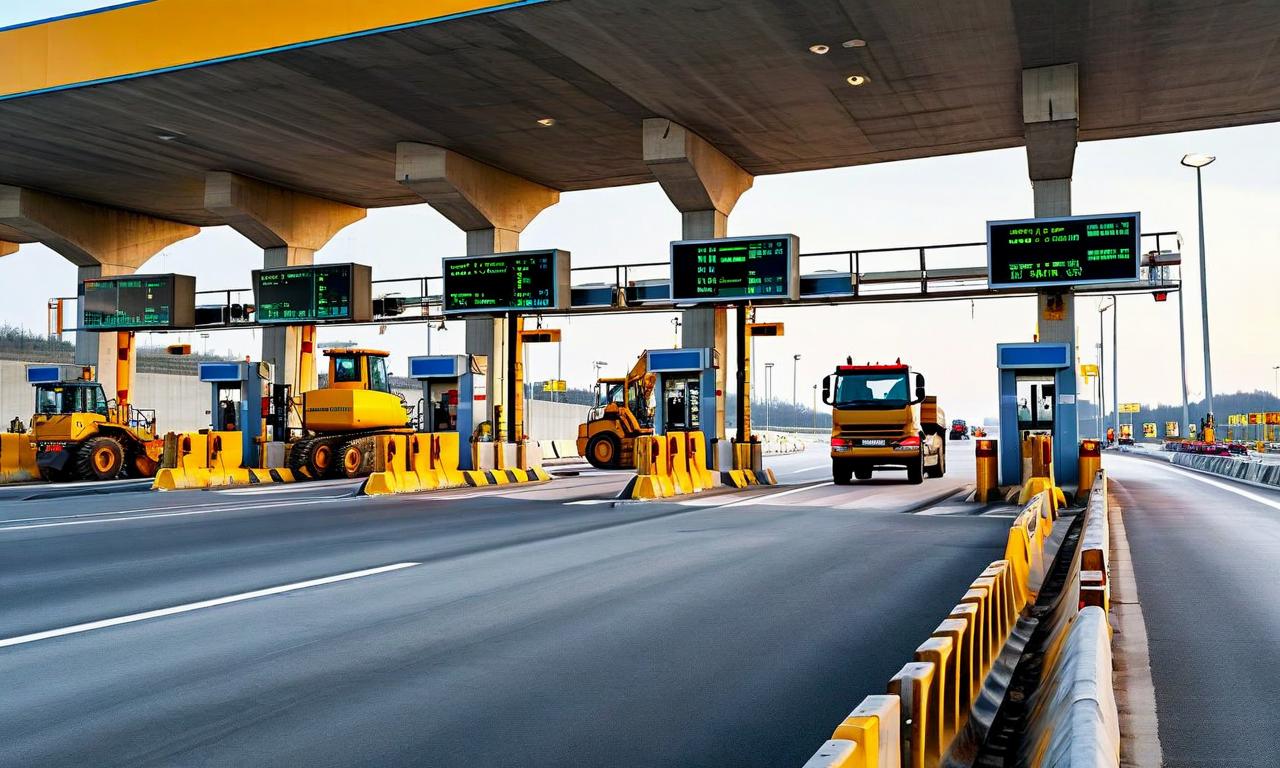Indian Pharma Stocks Rally on Potential US Tariff Exemption for Generic Drugs
Indian pharmaceutical stocks rallied, with the Nifty Pharma index rising 1.33% to 22,227.95. The surge was driven by reports that the Trump administration might exempt generic drugs from proposed 100% tariffs on pharmaceutical products. Divis Laboratories and Cipla saw significant gains of 5.05% and 2.87% respectively. This potential exemption is crucial for Indian pharma companies, as the US accounts for over 40% of India's generic drug exports. The decision could maintain the competitiveness of Indian generics in the US market, impacting the industry's growth and profitability.

*this image is generated using AI for illustrative purposes only.
Indian pharmaceutical stocks experienced a significant surge on Friday, with the Nifty Pharma index climbing 1.33% to reach 22,227.95. This rally was primarily driven by reports suggesting that the Trump administration may exempt generic drugs from proposed 100% tariffs on pharmaceutical products.
Market Performance
The pharmaceutical sector saw notable gains across several key players:
| Company | Stock Movement |
|---|---|
| Divis Laboratories | 5.05% |
| Cipla | 2.87% |
Potential US Policy Shift
The surge in stock prices follows indications that the US administration is considering a more nuanced approach to its proposed tariffs on pharmaceutical products. US Trade Representative Jamieson Greer noted that the administration is evaluating the best approach for generic drugs, acknowledging the complexity of supply chains in the pharmaceutical industry.
Significance for Indian Pharma
This potential exemption is particularly significant for Indian pharmaceutical companies, as the United States accounts for over 40% of generic drug exports from India. A tariff exemption would maintain the competitiveness of Indian generic drugs in the US market, a crucial factor for the industry's growth and profitability.
Policy Debate in the US
The proposed tariff policy has created division among US policymakers:
- Healthcare Advisers: Warn that tariffs on low-cost generics could lead to increased drug prices and potential shortages in the US market.
- Commerce Department Officials: Argue that tariffs may be necessary to reduce foreign dependence on pharmaceutical products.
Implications for the Industry
If implemented, the exemption of generic drugs from the proposed tariffs could have far-reaching implications for both Indian pharmaceutical exporters and the global generic drug market. It would likely preserve India's position as a key player in the global pharmaceutical supply chain, particularly in providing affordable generic medications to the US market.
As the situation continues to develop, investors and industry stakeholders will be closely monitoring any official announcements from the US administration regarding the final decision on pharmaceutical tariffs.

















